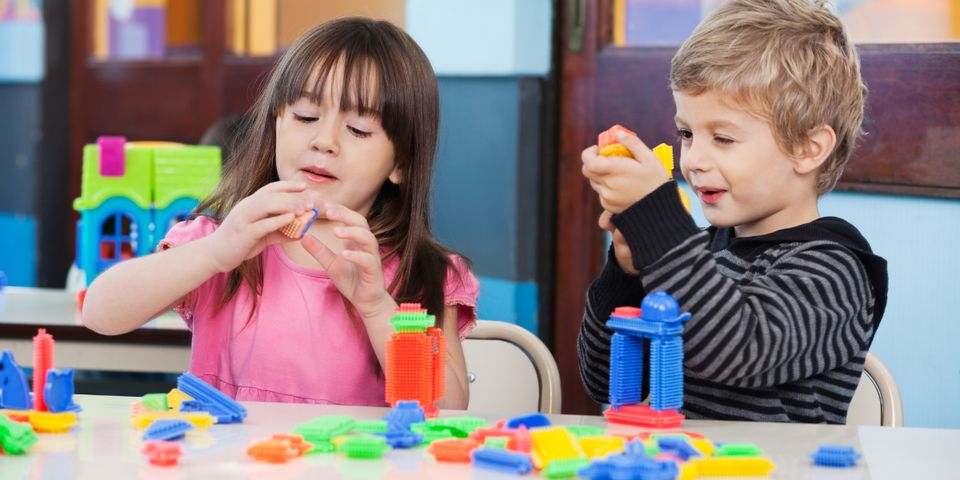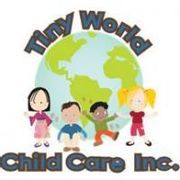3 Ways Playtime Helps Children to Learn and Grow

Traditionally, playtime has been seen as separate from children’s development. However, all types of play are essential to early childhood education and can affect a child's later academic and personal development. Below are a few key points parents should know.
How Play Benefits Early Childhood Education
1. Encourages the Development of Interpersonal Skills
Whether it's a board game, a sports match, or with toys, play is often a collaborative activity among children. As such, kids are required to work together and develop healthy social skills such as teamwork, negotiation, compromise, and the ability to win or lose competitive activities gracefully.
While free play might appear to be without rules, children actually learn the importance of boundaries and agreeing upon rules among themselves when allowed to develop through games and toys.
2. Prompts Better Performance in Academic Settings

Free play offers children an opportunity to process complex ideas introduced to them in the classroom. While outdoor play was long thought to primarily benefit physical development, early childhood education experts have found that recess and play in general have a proven positive impact on academic achievement and test scores.
Although playtime may appear to have little to do with subjects such as math and language, the opportunity to apply the ideas contained within them offers positive reinforcement and a way to apply learning in everyday situations.
3. Inspires Creative and Asymmetrical Thinking
Because they’re at the earliest stage of cognitive development, young children's surroundings are a constant source of surprise and learning. As a result, their imaginations tend to be at their most active, and allowing them time to craft their own games and activities can contribute to their ability to develop independent problem-solving skills and creativity.
The need to express or explore their own creativity can also encourage language development. In one study, for example, children who engaged in the use of symbols in the course of play experienced significant growth in language skills between the ages of three and four years. As a result, they’ll be equipped with a stronger ability to express themselves and explore new ideas when they transition to primary education.
The early childhood education specialists at Tiny World Child Care Inc. understand the importance play has for your child’s development and provide plenty of opportunities for your little ones to grow intellectually, emotionally, and mentally. Located in Brookline, MA, they offer a nurturing environment for toddlers, complete with a diverse curriculum. To schedule a tour or learn more about their programs, call them at (617) 232-0115, and visit them online for more information.
About the Business
Have a question? Ask the experts!
Send your question

